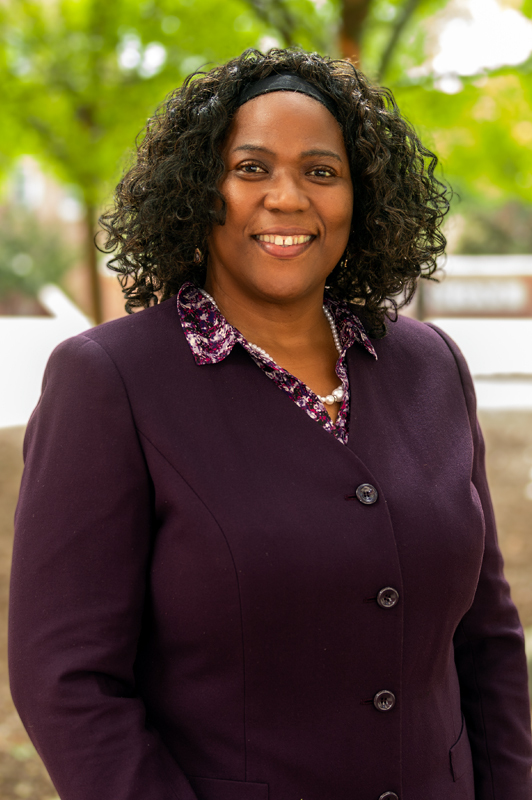AI@AU ethics committee members part of National Science Foundation research grant to integrate AI ethics into STEM education
Published: Sep 19, 2024 1:10 PM
By Joe McAdory
Three Auburn University faculty members on the AI@AU ethics committee are collaborating on a new project funded by the National Science Foundation’s Ethical and Responsible Research (ER2) program.
Cheryl Seals, the Charles Barkley Professor in computer science and software engineering, Myong-Gi Chon, associate professor in the School of Communications and Journalism, and Joan Harrell, College of Liberal Arts Dean’s Office, director of strategic initiatives and programs and lecturer School of Communication and Journalism, join faculty researchers at Virginia Tech, the Colorado School of Mines and the University of Alabama on a $25,000 project designed to develop educational resources to navigate the ethical challenges presented by artificial intelligence, thereby expanding the scope and impact of ethics education.
The initiative, "Leveraging the Ethics Bowl Framework for Artificial Intelligence Ethics Education," aims to transform AI ethics education by integrating the ethics bowl model into STEM curricula, enhancing ethical reasoning and teamwork among students. Focused on inclusivity, the effort will engage minority-serving institutions, community colleges, community partners, industry, and government.
“Integrating AI ethics into STEM education is incredibly important,” said Gerry Dozier, the Charles D. McCrary Eminent Chair Professor in the Department of Computer Science and Software Engineering and the AI@AU technical lead. “It ensures that students not only develop technical skills but that they will also understand the ethical implications of their work. This education prepares them to navigate the complex moral landscape of AI. By addressing ethical challenges, we make sure that future professionals possess the tools needed to create technology that benefits society.”
The project’s goals are to 1) Update STEM education to include ethical thinking alongside skills like teamwork, research, and communication, filling a big gap in AI education, 2) Provide STEM teachers with new methods to help students discuss and analyze ethical issues, and 3) Set new standards in AI ethics education by creating a model that others can follow.
“By partnering with a wide array of institutions, we aim to broaden ethics education,” Seals said. “We plan a multi-faceted approach that creates valuable resources and teaching materials and will utilize online tools and platforms for community engagement. This initiative aspires to foster collaboration with other universities, government, industry, and community partners, ensuring the curriculum tackles contemporary ethical issues in AI and equips students with the necessary skills for their future careers.”
Media Contact: , jem0040@auburn.edu, 334.844.3447
The initiative, "Leveraging the Ethics Bowl Framework for Community-Driven and Inclusive AI Ethics Education in STEM," aims to transform AI ethics education by integrating the ethics bowl model into STEM curricula, enhancing ethical reasoning and teamwork among students.



